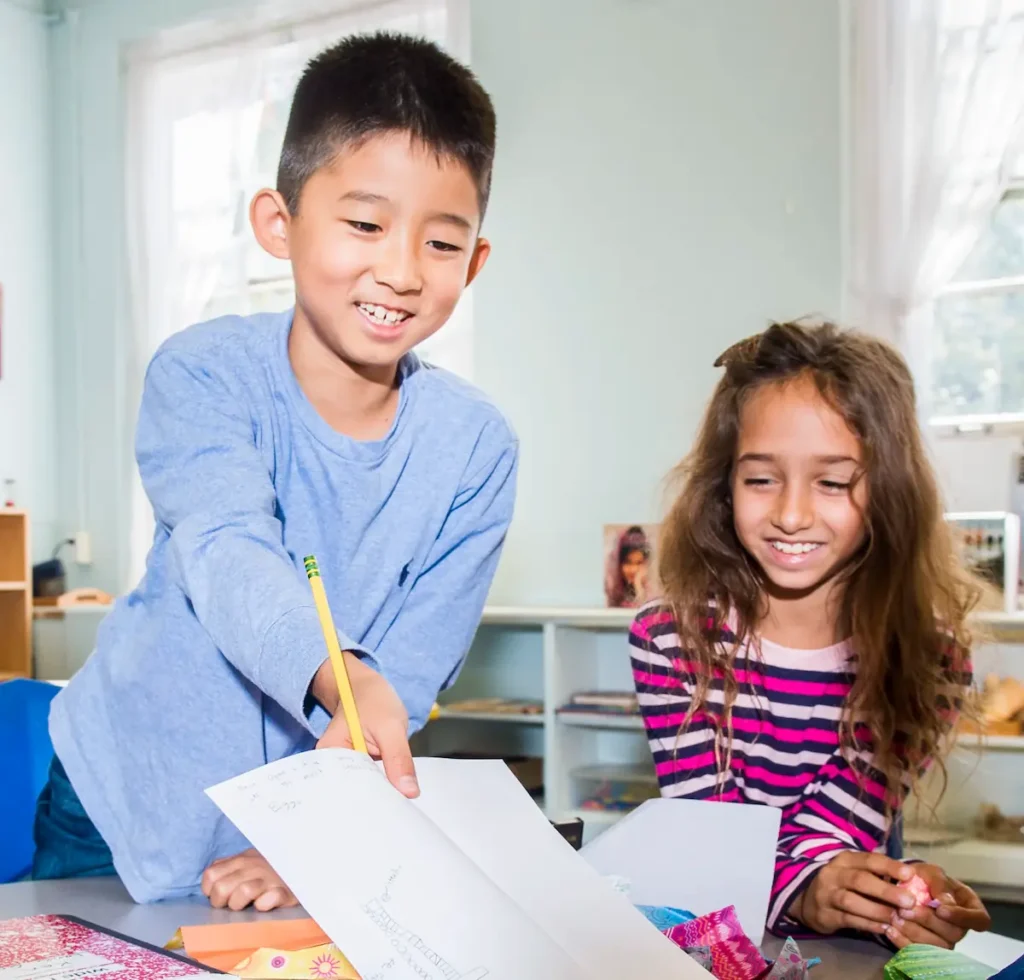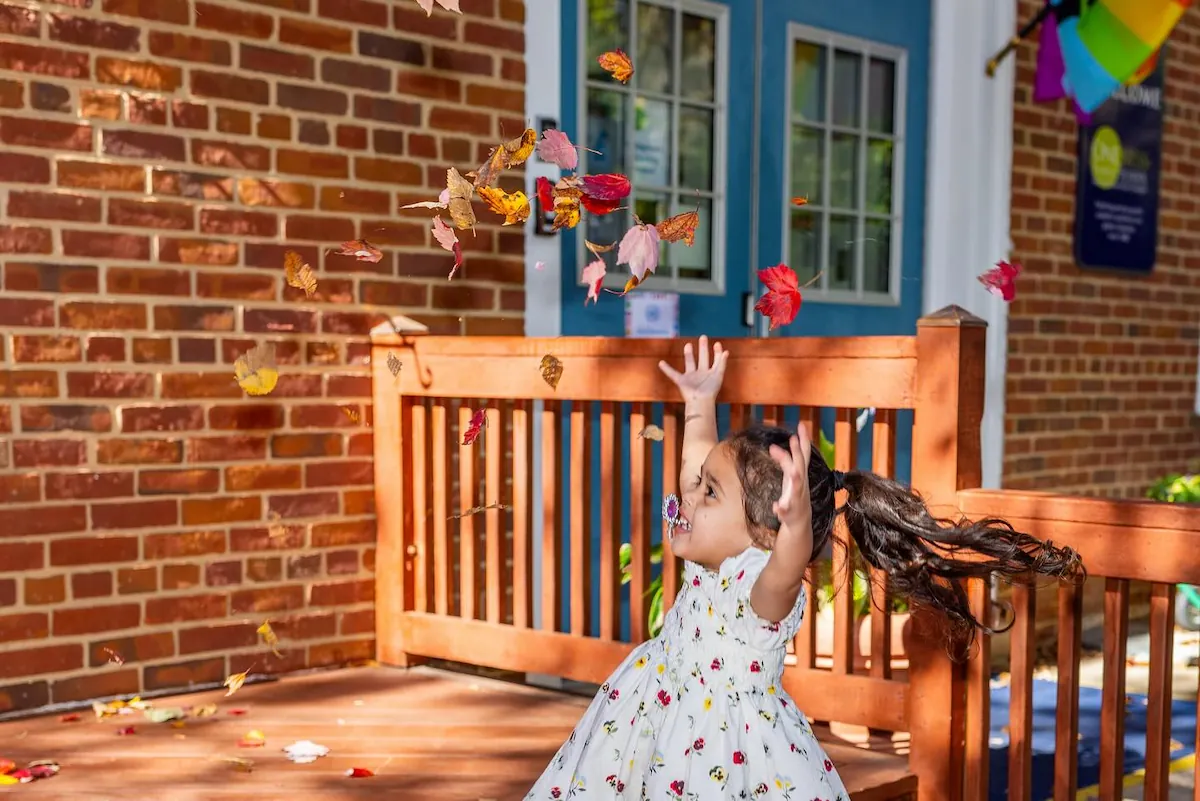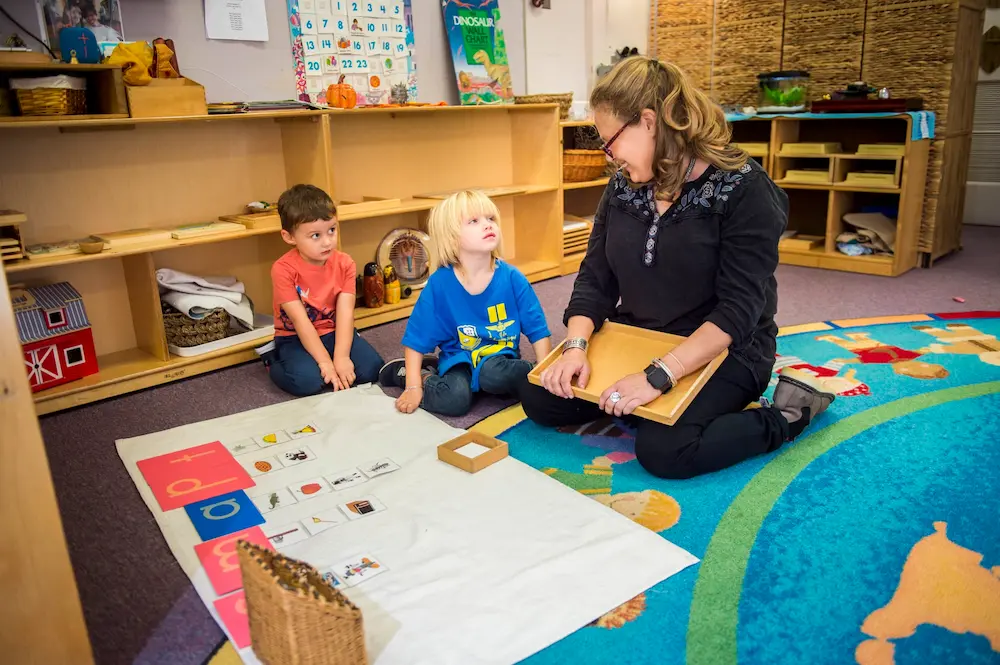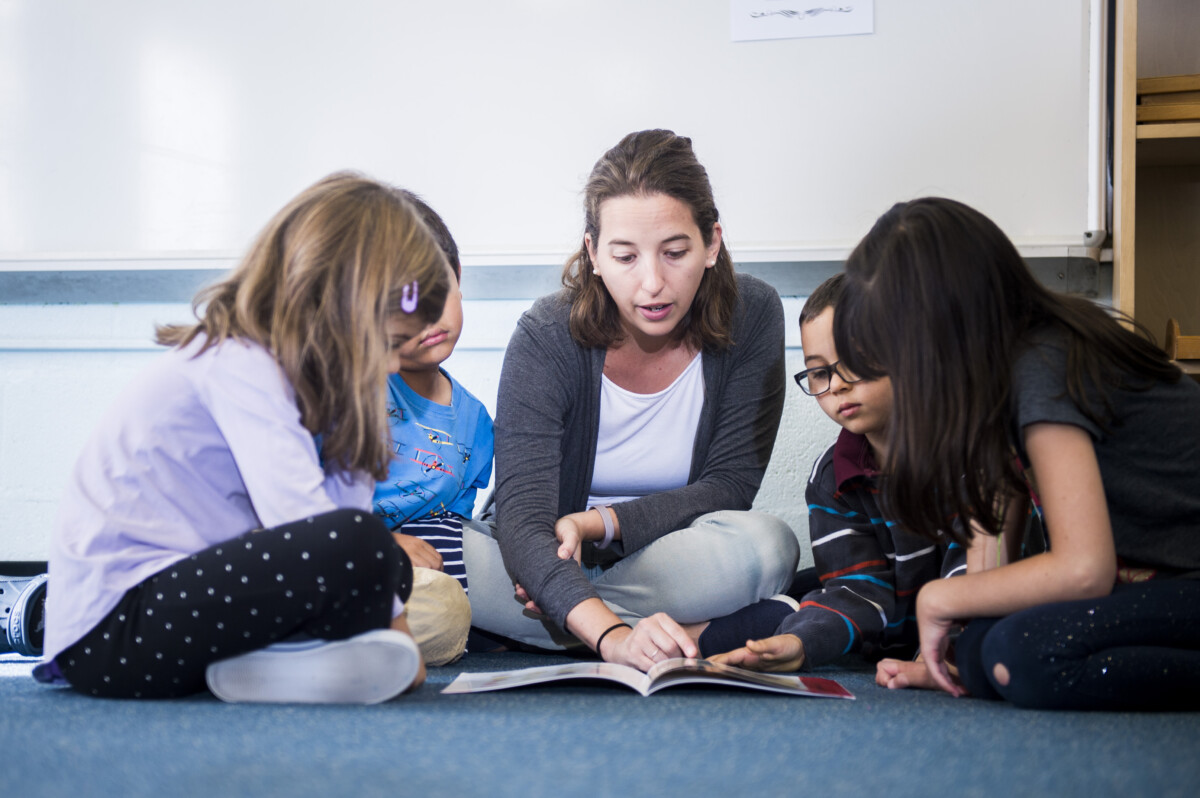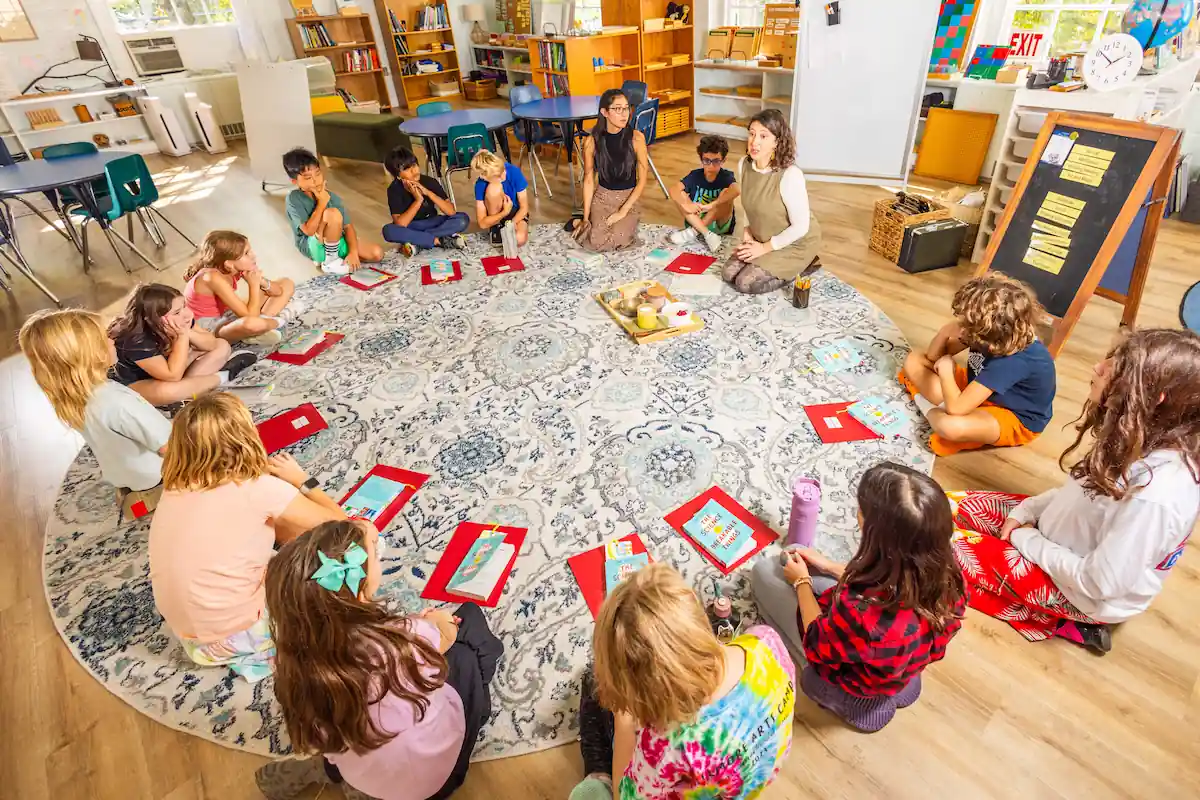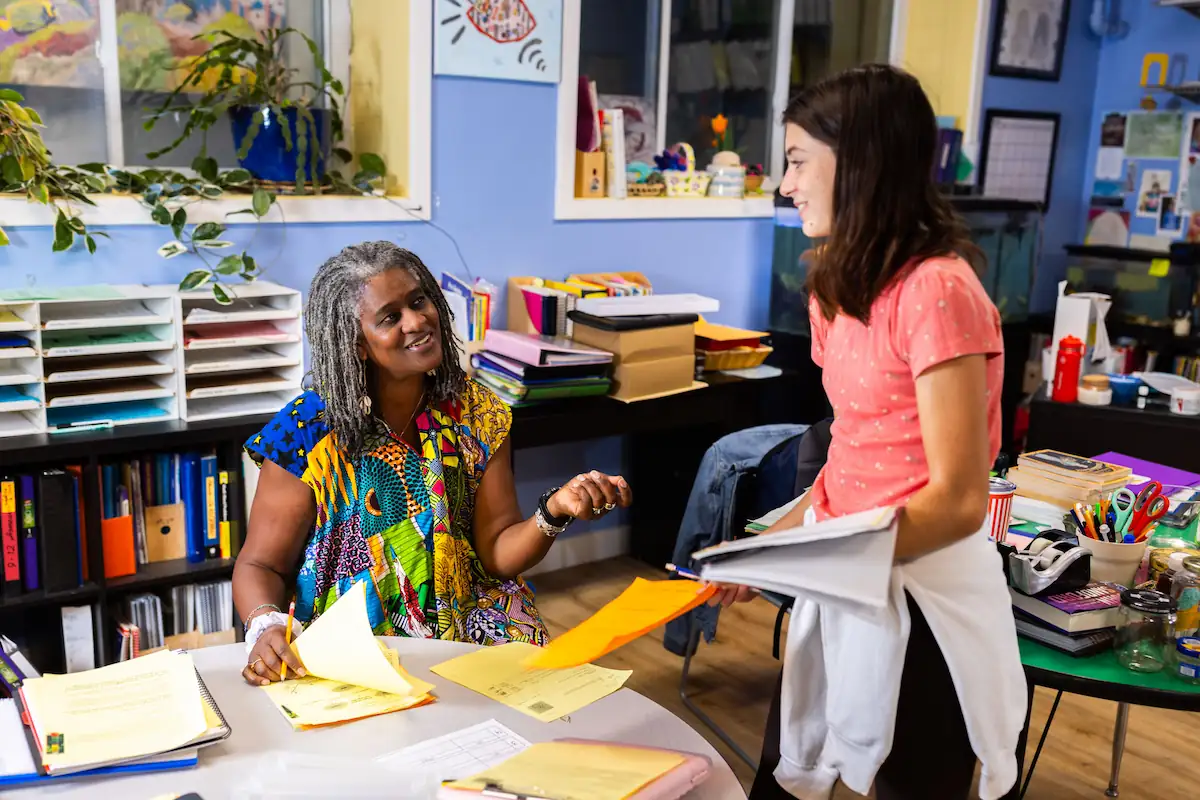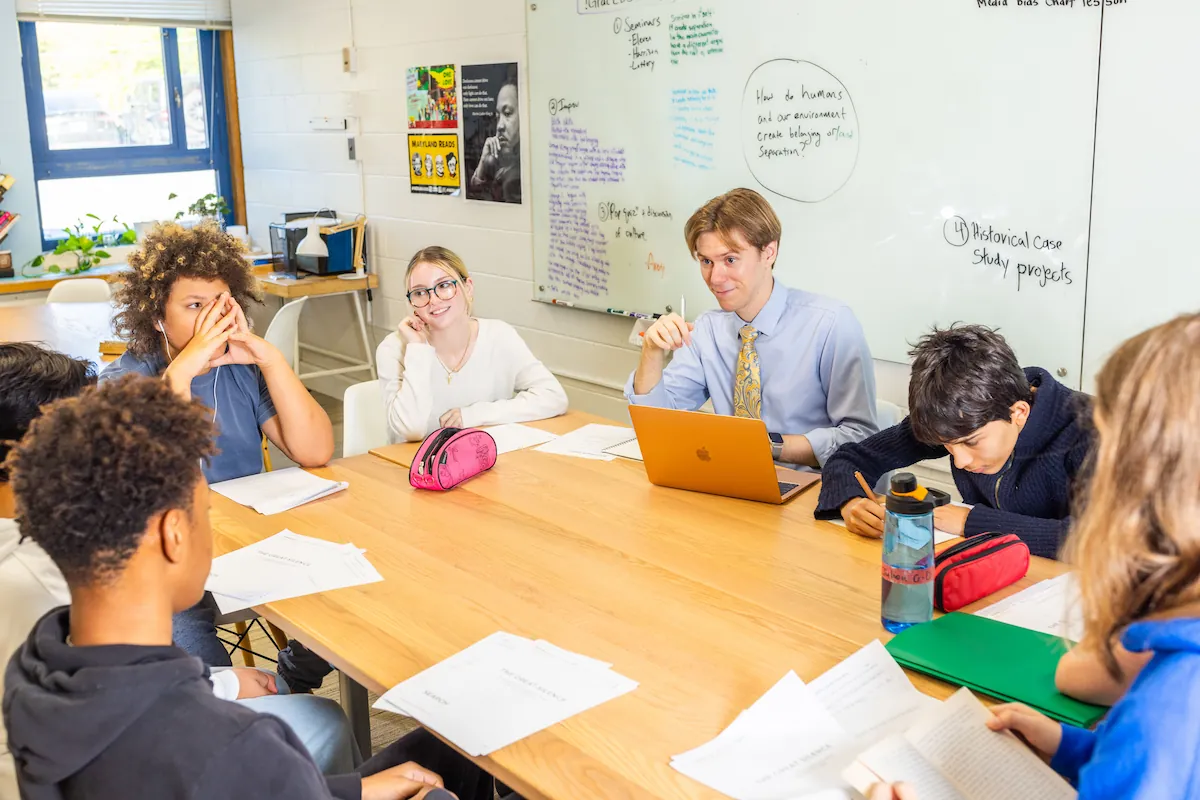My relationship with poetry started early in my life. Maybe as young as seven or eight, I remember writing a specific poem for each family member at Christmas. I put the poems into an envelope addressed to each of them. I decorated the front of the envelope with a little bit of artwork with colored pencils or crayons.
Since that time, I have fallen in love with words. As a junior in high school, our year-end assignment was to combine as many figures of speech as possible into a single piece of creative writing. My English teacher Mr. Prusachuk announced to the whole class that my submission was the best piece of writing he had seen, and I remember feeling so proud of myself then. I also started writing songs at that time which has become a lifelong passion. To date, I’ve written about 150 songs and produced six albums.
From those years until this day, I have loved reading and writing poetry. In my travels around the world, I have never left my journal behind.
I’ve realized that poetry is a way of seeing the world. I’ve come to think about it in terms of how I approach life each day, how I can remain in my poetic mindset – a mindset that feels the flow of life, that sees the whole of things as well as the minute beauties of the moment, even if those beauties are not readily apparent.
The poetic mindset helps me expand my heart of empathy and my gratitude for life, for being on planet Earth. As a Montessori educator and leader, I am always keen to encourage poetry in our schools and classrooms. Montessori environments are naturally “language-rich” environments, where students are immersed in a world of words from a young age. They learn the nomenclature of science and culture and build their reading and writing skills via the language materials. The Montessori classroom is truly a ready-made “laboratory” for poetry-making.
The starting point for creating this poetic environment is to allow students to experiment with language. When I notice they are being creative, I check my inclination to correct spelling or grammar immediately. Instead, I feel it will best serve the child if I connect with what they are trying to express in that moment. I don’t want to stifle their creativity by forcing them to make everything “right.” The students will learn proper spelling and grammar in time as they matriculate through the Montessori program. I encourage students to write creatively about the curriculum subjects we explore in the classroom, such as science and culture, and themes related to the time of year. For instance, the theme of spring is ripe for all kinds of poetic expression!
It is very helpful to share examples of creative, playful, and descriptive language with students. One of my favorite things to do is to share with the elementary students the printed lyrics of my songs. I invite them to follow along with the lyrics as I sing, and then I ask them to tell me any words or phrases they like or have questions about. This prompt always leads to very lively discussions. Some students like to underline, circle, or highlight the words or phrases that interest them. This activity has the added benefit of engaging their brain on multiple levels due to the element of music, which means that students generally remember more of what they learn.
Our students love to see their poetry displayed in the classroom or on hallway bulletin boards. Of course, some students like decorating their poetry pieces with artwork or making frames for their writing pieces. Each spring, our senior elementary students make booklets of their original poetry, including examples of many poetic forms and genres. They read aloud examples of their poems at a public event called Bard Night. Parents and teachers are also invited to share poems (either original or not) at the event, and they sometimes read poems in a language other than English and then share a translation. This event is a major highlight of the school calendar.
Inviting poets to come and share their poems can be a powerful way to inspire students. Taylor Johnson, an award-winning poet and Oneness-Family School alum, has visited our high school to read from his latest poetry book. These readings have made a huge impression on our students and inspired them to think more about poetry even if they don’t consider themselves writers. Taylor’s visits have also given students a tangible example of what it means to follow your dreams in the Montessori spirit.
Ultimately, as Montessori educators, we can nurture a love of language and a spirit of creativity in our classrooms even if we don’t consider ourselves poets. Share some poetry with students regularly. Read to them, and when they can, let them read aloud to each other. Show them beautiful books of poetry or storybooks that are poetically written. Tell the story of the authors. Reading fosters writing but writing also fosters more reading. We can make our classrooms places where the written and spoken word is treasured and celebrated.
Happy National Poetry Month!
